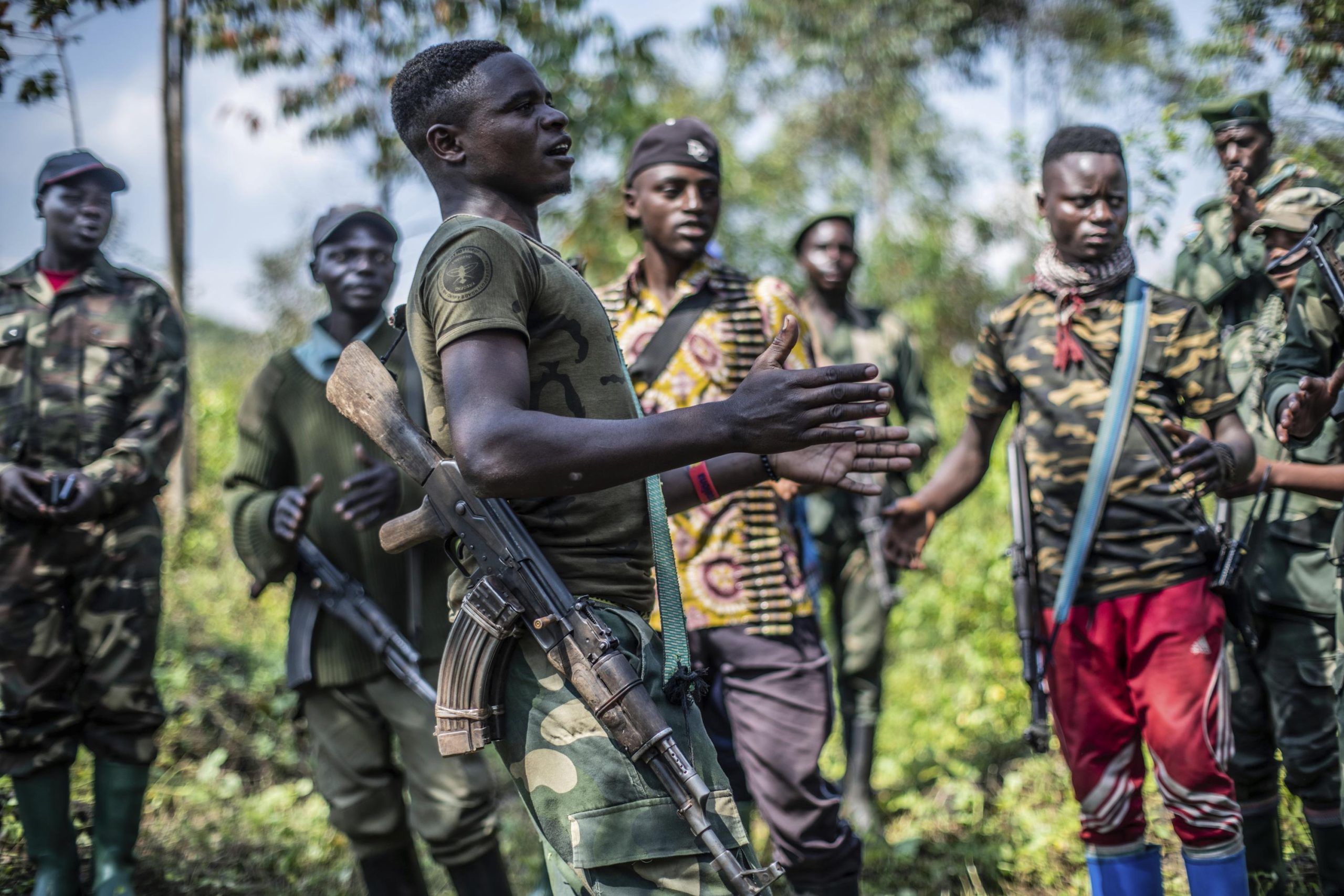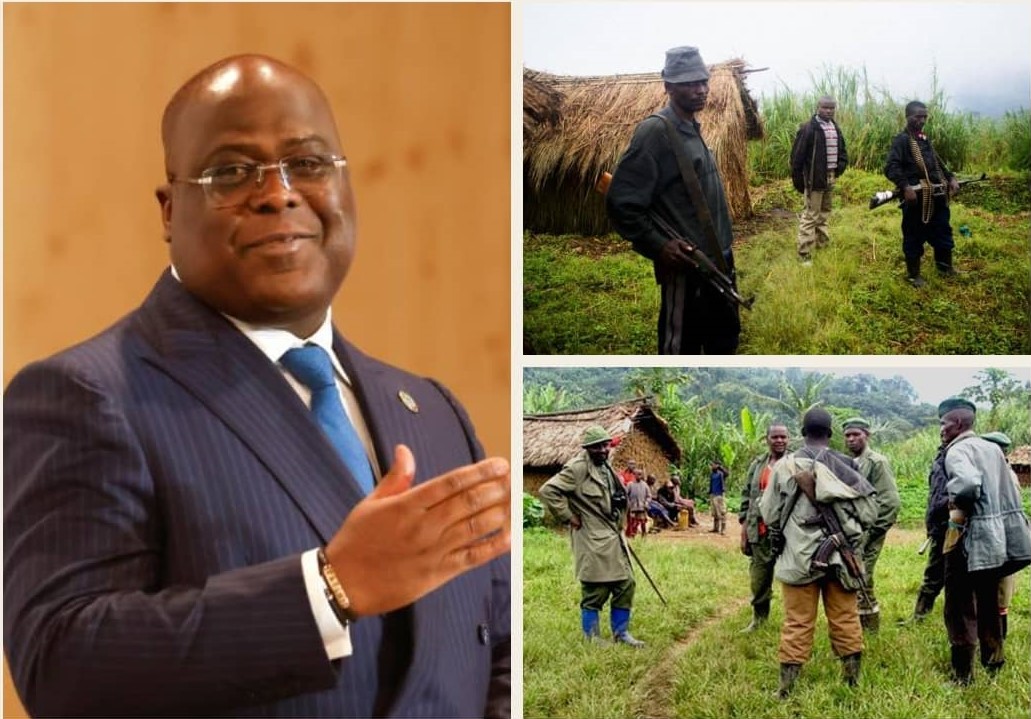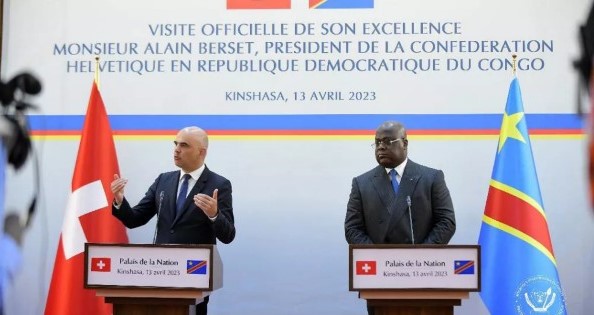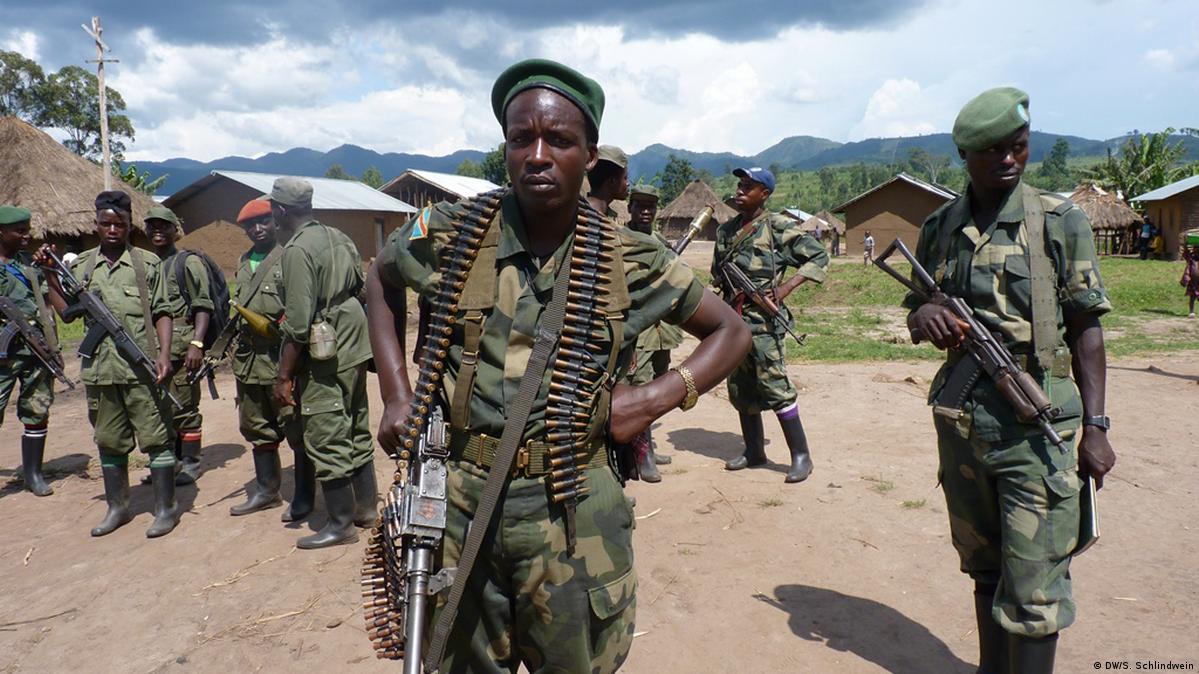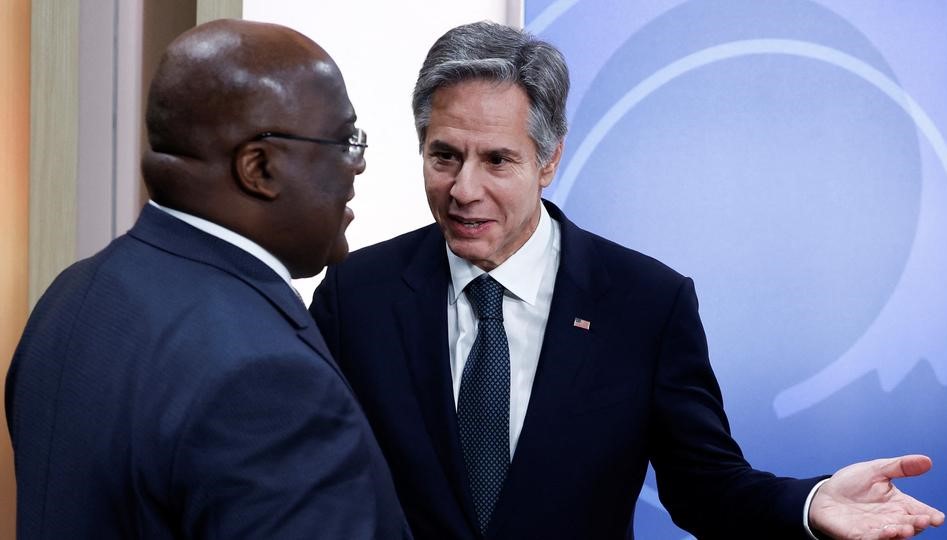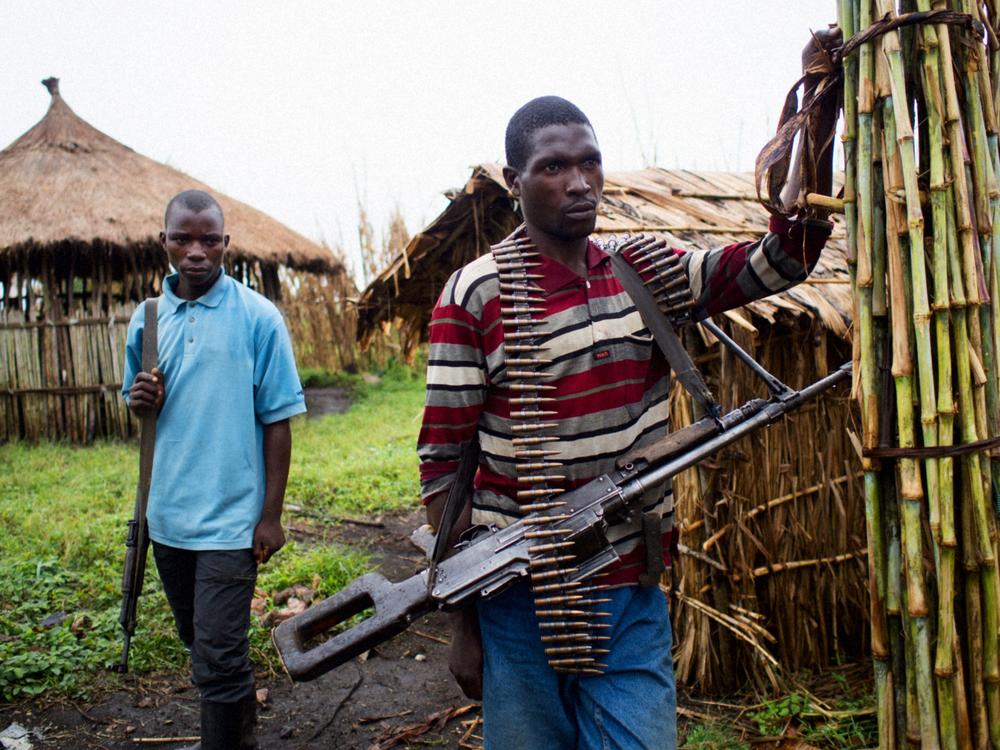Regional
DRC: Genocidal militia given green light to lead battle against M23 rebels. But, to what end?
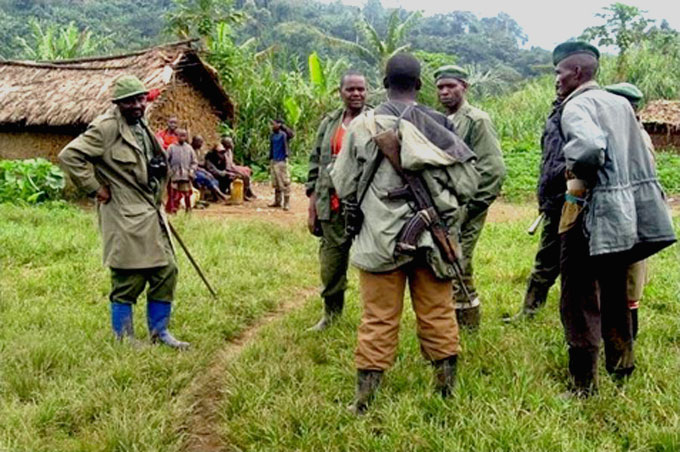
Elements of FDLR militia.
The
story of the Congolese armed forces collaborating with the DRC-based FDLR
militia, a Rwandan terrorist group formed in 2000 by remnants of the perpetrators
of the 1994 genocide against the Tutsi, is not new.
In
1994, following the Genocide against the Tutsi, two million perpetrators fled
to Zaire, now DRC, where the remnants of the genocidal forces reorganised and
started attacking Rwanda without any reaction from the international community.
Despite
Kigali’s numerous calls for the UN and Kinshasa to disarm the genocidal militia
and move them far away from Rwanda’s border, President Mobutu Sese Seko let
them flourish just a few meters from the Rwandan border. They later reunited
under the FDLR banner.
In a
February interview with The EastAfrican newspaper, Rwandan
President Paul Kagame said that a “red line was crossed” in the DRC crisis,
when Kinshasa enabled the genocidal militia to shell on Rwandan territory and
kill innocent citizens. Kagame explained how the Kinshasa has armed the FDLR
with modern weapons.
“The
FDLR shelled Rwandan territory with BM-21s (self-propelled multiple rocket
launchers), which they could only get from the (DRC) government,” Kagame said.
“We
respect DRC’s territorial integrity, but we have our territorial integrity too
to protect. We need no invitation to do that,” he said, suggesting further such
attacks could bring a direct military response from Kigali.
Instead
of hostilities ending, they worsened especially since, sources say, Kinshasa
upped the stakes. The current fighting pits the M23 rebels on the one hand
against the Congolese army and loyal militias -- known locally as 'Wazalendo',
the FDLR, and European mercenaries, on the other. The region has especially
seen heavy clashes between the Wazalendo – a DRC state-backed militia – and M23
rebels in areas near Goma, the capital of North Kivu province.
“FOCA
(the armed wing of the FDLR) were promised that they will control all eastern
DRC areas close to the Rwanda border once they successfully coordinate the
ongoing military operations against M23,” a source told this website.
The
agreement was reached during a meeting between the FDLR which was represented
by a FOCA commander called Brig Gen. Lucien Nzabamwita, alias Karume Andre, and
the DRC government. The meeting was held in a place called Kavumu, in Kalehe
territory, in South Kivu Province.
Accordingly,
the FOCA commander also promised to regroup the now defeated and dispersed
Wazelendo deserters so as to fight and finish off the M23 rebels not later than
December 10. The Congolese are scheduled to hold presidential polls 10 days
later, on December 20.
The
Wazalendo were, initially about 6,000-strong but it is estimated that not more
than half the number remain, many having been killed in running battles against
the M23 rebels while others threw in the towel.
Their
reorganization, which is a hard task, will be taken care of by FOCA’s
intelligence chief, Brig. Gen. Sebastian Uwimbabazi, alias Abdallah Nyembo, who
is also in charge of the Wazalendo operations.
In
return, if the operation succeeds, Kinshasa will facilitate the FDLR in their
war against Rwanda.
Kinshasa
especially promised the genocidal militia direct access to the border region
for easy infiltration and recruitment purposes and preparing attacks against
Rwanda.
In
Kinshasa, President Felix Tshisekedi pretends that the FLDR no longer represents
a threat to Rwanda.
But
the militia are in a position to continue to spread genocide ideology freely
across the region. And the support they get from Kinshasa, in addition to the
wealth they have amassed by exploiting the country’s resources and taxing the
local population in areas they control gave them means to recruit a significant
number of new members and build offensive capabilities.
The
FDLR has always wanted a good opportunity to attack Rwanda, and not only take
over power but finish their unfinished job – genocide against the Tutsi.
FDLR
poses an existential threat and, Kigali will certainly not accept such a threat
on its borders. If that threat becomes real, Kigali will not sit back and cry
for help. A direct military response from Kigali is the only likely scenario
and that will worsen the turbulent eastern DRC crisis.
But to
what end? Who would win from such a confrontation? Why would Tshisekedi plot to
start a war he wouldn’t win considering the Rwandan army’s strength?
Is
Tshisekedi, perhaps, exploiting the ongoing insecurity in eastern DRC to
postpone the December 20 presidential election? Analysts have opined that the
Congolese leader is trying to create an emergency so that the elections don’t
take place.



